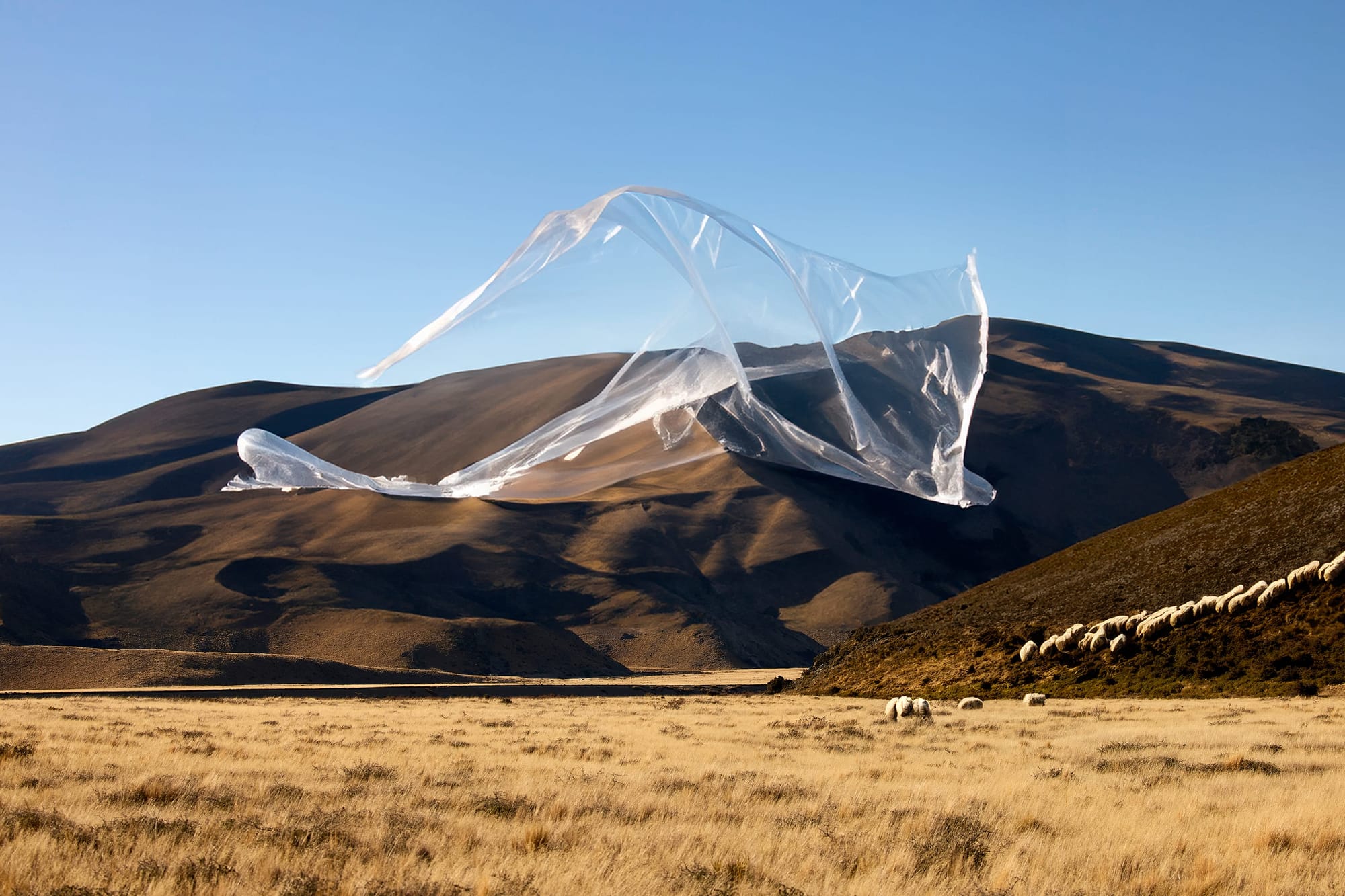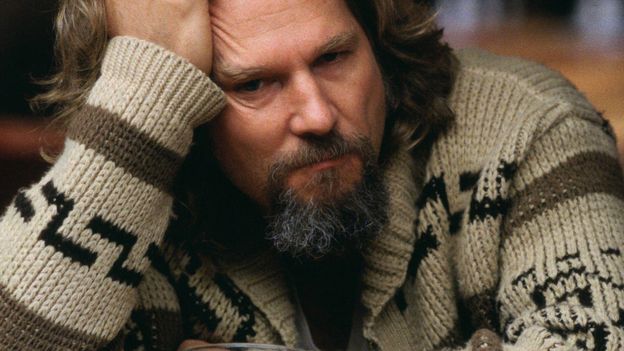The Wool Wire | April 17, 2024
Venture to the Faroe Islands, watch Bishu Wool get made in Japan, nod to Icebreaker's plastic-free mea culpa, and celebrate wool sweaters forever

News snippets from the wool world
Hello, my wool friends!
April is already more than halfway over, something I'm both eager for and in denial about. But here in Maine we'll still be in our thicker woolens for a few weeks yet.
And do you know another place in the world where they'll still be in their thick woolens? The Faroe Islands!
This archipelago in the North Atlantic has more sheep than people. And while I know that some of you have been lucky enough to visit the Faroes, I suspect more of you (including myself) haven't yet been able to do so.
With that in mind, I invite you to treat yourself to a gorgeous 15-minute armchair journey to the Faroe Islands. You'll find rare historical footage, see loads of sheep, and meet designers and a yarn company working to carry Faroese wool forward.
🐑 Foundation Flockers, head to the Quizzes page when you've finished watching the video to test how much you can remember. 🐑
Japan's slow fabric stirs new emotions
From the Faroe Islands we head to a historic region of Japan's Aichi Prefecture to see how one weaver in Bishu is helping revive the country's textile industry, one very slow bolt of fabric at a time.
This four-minute news piece covers a lot of territory, but my favorite part had to be seeing veteran weaver Adachi Kiyochi take his walk on the fashion runway.


Icebreaker misses the mark
When was the last time you heard any major corporation voluntarily admit a failure? Usually they rely on our collective amnesia to let them sweep shortcomings under the rug.
But earlier this year, wool outdoor clothing retailer Icebreaker took the rare initiative and admitted that it had failed in its very public commitment to become 100% plastic-free by 2023. Continuing its pledge of transparency, Icebreaker explained precisely how far the company had come, how far they have to go, and how they plan on getting there.
Icebreaker noted it has substituted 14 percent of the remaining synthetic content in its apparel with bio-based alternatives, and it can trace 100 percent of the Merino wool it uses back to the growers, highlighting its ten-year supply contract with the growers that support responsible stewardship of the ecosystems.
Icebreaker is a founding member of the NZM ZQRX program, with 100 percent of its grower’s club members participating in transitioning to regeneratively grown wool—a key milestone towards Icebreaker to achieve sourcing 100 percent of its wool from growers that use regenerative practices by 2028.
Keep in mind that more and more companies are hiding behind the term "regenerative" without providing specific criteria and ways to measure results. But if Icebreaker's past experience is any indication, I suspect they'll try.
The perfect sweater prevails again
And finally, here's a fun BBC story about sweaters that are currently "at the centre of pop culture glory." It traces high-profile sweaters that have made headlines, from Harry Styles and Chris Evans to the new Netflix comedy, Good Grief.

Alas, the author gets a few points taken away for trotting out the old "no longer a basic granny staple" trope in reference to classic knitwear. Not only is that the lowest-hanging fruit on the cliché tree, but it reinforces a stereotype that serves absolutely no-one.
Slowly but surely, though, we will get there.
On that note, I'll let you go.
Thanks as always for your readership and your support.
Until next time,
Clara






